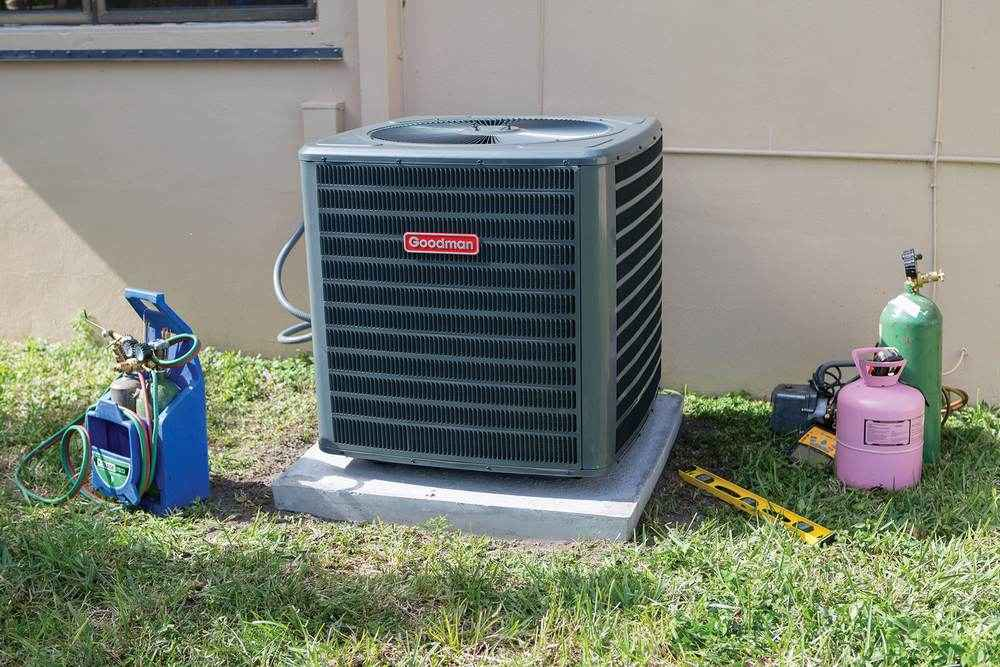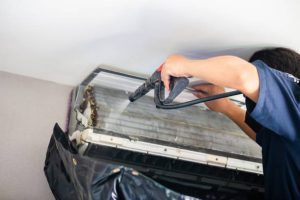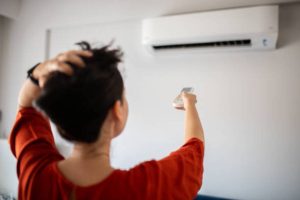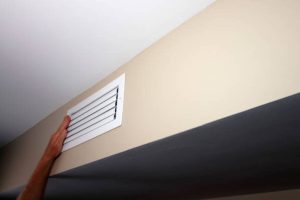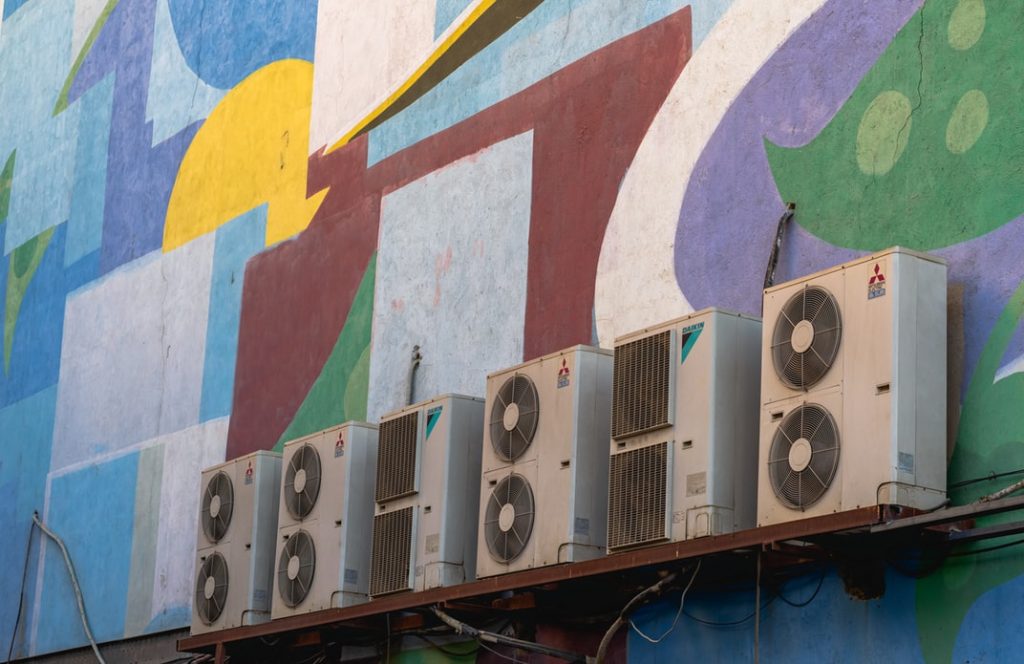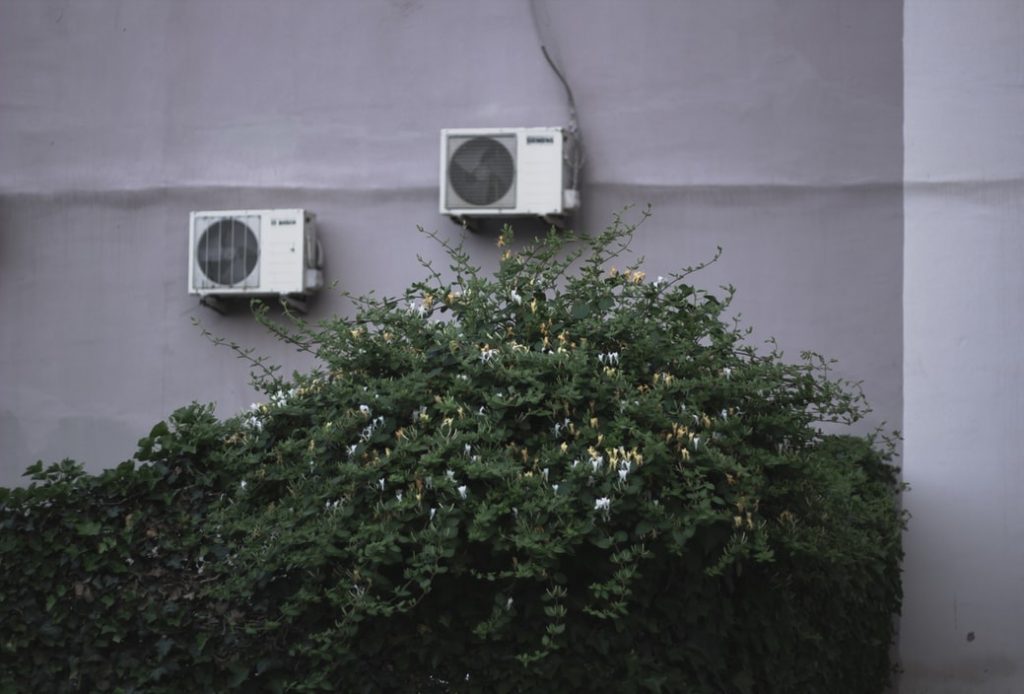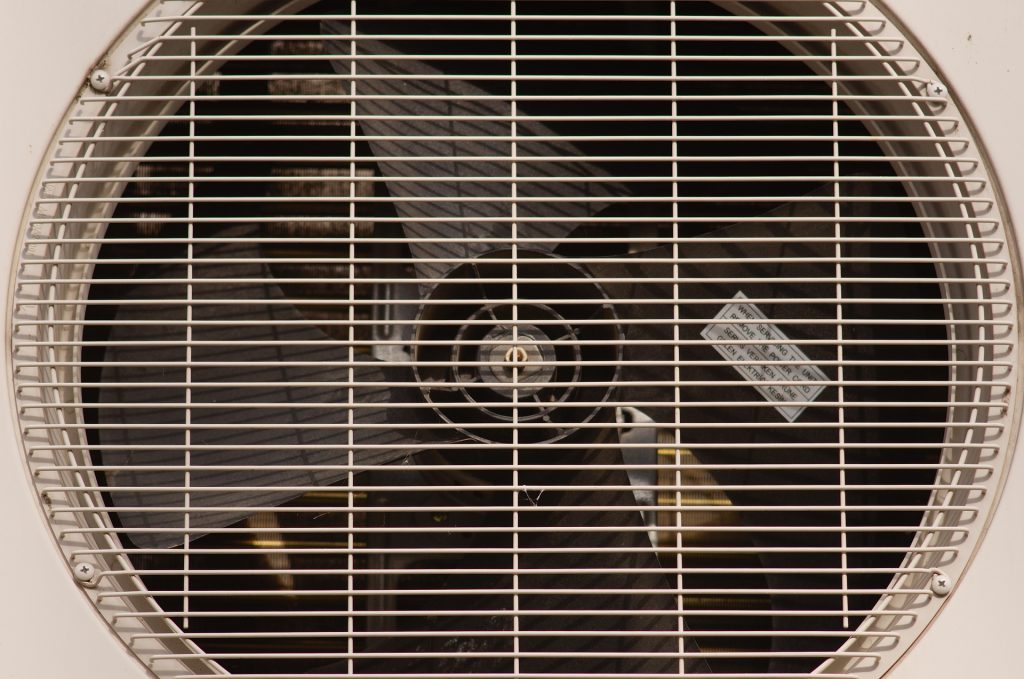Goodman is a well-known name in the HVAC industry, offering reliable cooling solutions for homes nationwide. However, like any air conditioning system, even a Goodman AC unit can encounter issues, especially after years of heavy use or irregular maintenance.
Whether you’re dealing with reduced cooling, odd noises, or airflow issues, this guide breaks down the most common problems homeowners face with their Goodman air conditioners—and what you can do before calling a professional.
1. Goodman Air Conditioner Not Turning On
It’s a hot day in Phoenix, and your Goodman AC unit won’t power on. Before you panic, run through a basic troubleshooting checklist:
- Check the circuit breaker: Sometimes, a tripped breaker is all that’s stopping your system. Flip it back and see if the unit starts.
- Inspect the thermostat: Ensure your thermostat is set to ‘cool‘ and the temperature is below the current room temperature.
- Look for a reset button: Some Goodman models come with a reset switch. Press it once, wait a few minutes, and try again.
If none of these resolve the issue, the problem may lie with a faulty capacitor, thermostat wiring, or the unit’s power supply. Electrical issues like these are best left to an HVAC tech for an AC repair, as improper repairs could worsen the damage or void your warranty.
2. Weak or Inconsistent Airflow
Weak airflow is one of the most reported Goodman air conditioner problems—and for good reason. It affects your comfort, indoor air quality, and energy efficiency.
Try these solutions:
- Change the air filter: A clogged filter can reduce airflow by up to 15%. Filters should be replaced every 1–3 months.
- Check air vents and registers: Make sure they’re open and unobstructed by furniture or curtains.
- Inspect the outdoor unit: Leaves, dirt, or bushes around your condenser unit can interfere with fan operation.
- Possible ductwork issues: Leaky or blockages in ducts might be the culprit. If airflow problems persist after replacing filters and clearing vents, a professional duct inspection is recommended.
In some cases, poor airflow can be a sign that your current unit is no longer sized correctly or functioning efficiently for your home. If you’ve recently renovated or added square footage, consider whether it’s time to explore a more suitable air conditioning installation that better matches your home’s cooling needs.
3. Goodman AC Not Cooling Properly
If your system is running but not cooling, it’s likely an issue with one of the internal components, such as the evaporator coil or refrigerant levels.
Here’s what you can do:
- Check your thermostat settings: Ensure it’s set to ‘cool‘ and set to a temperature lower than the room temperature.
- Replace a dirty air filter: A dirty filter restricts airflow and reduces cooling capacity.
- Inspect the condenser coils: If they’re covered in dust or debris, your AC will struggle to release heat. Gently hose off the coils—but never use high pressure.
Sometimes, your AC unit may be running, but only the fan is working, while no cool air comes through. If that’s the case, understand why your central air is working but not producing heat, as the symptoms may overlap.
Important: If these steps don’t solve the issue, you may have a refrigerant leak or compressor problem. These should only be handled by certified HVAC professionals.
4. Unusual Noises from the Unit
Goodman air conditioners are typically quiet, so strange sounds usually mean something’s wrong:
- Rattling: Could be loose parts or debris inside the unit.
- Buzzing: May indicate electrical issues or a failing motor.
- Squealing: Often related to a worn-out fan belt or bearings.
If you’ve recently noticed persistent or loud compressor noises, you should familiarize yourself with the potential causes of the noisy AC compressor and identify if it’s normal or a red flag.
DIY fixes for noises are limited, especially when moving parts are involved. To avoid making the issue worse, turn off the unit and schedule a service visit.
5. Leaking Water or Excess Moisture
AC systems naturally produce condensation, but if you notice puddles or moisture buildup, something’s off.
- Check these first:
- Drain pan: Empty it if it’s full.
- Clogged condensate line: Use a wet/dry vac or a pipe cleaner to remove gunk.
- Air filter: A dirty filter can cause the evaporator coil to freeze, leading to water leaks as it melts.
If you notice repeated water buildup, contact a technician. Allowing moisture to linger can lead to mold or even water damage around your HVAC system.
6. High Indoor Humidity
One of the key benefits of an air conditioner (AC) unit is its ability to control humidity. If your Goodman AC isn’t doing the job, check for:
- Clogged drain line: Causes water to back up and increases indoor humidity.
- Oversized system: It cools too fast and shuts off before dehumidifying.
- Low refrigerant: Impacts your system’s ability to extract moisture from the air.
These aren’t always DIY fixes, so don’t hesitate to consult a professional to recalibrate or inspect your unit.
Understanding Goodman AC Error Codes
Many newer Goodman models come with diagnostic LED indicators or display error codes. These codes can help identify the problem quickly.
To make use of this feature:
- Locate the LED panel (usually on the control board).
- Refer to the owner’s manual or Goodman’s official site to decode the message.
- Note the error before calling your technician—it can save you time and money.
When to Call a Professional
While some Goodman air conditioner problems can be resolved with a filter change or a reset, others require professional intervention, especially when electrical parts, refrigerant, or internal damage are involved.
AHWA always recommends consulting with licensed HVAC technicians for any repairs that go beyond simple maintenance. Not only does it protect your safety, but it also preserves your unit’s warranty.
If you’re wondering whether it’s worth repairing your system or replacing it, you can check the average life expectancy of a Goodman air conditioner to guide your decision.
Final Thoughts: Don’t Ignore the Signs
Recognizing the warning signs of a struggling Goodman air conditioner early can save you from bigger headaches—and higher costs—later. Whether it’s weak airflow, strange noises, or poor cooling, taking action quickly is key.
Need help from a trusted HVAC expert? Contact American Home Water & Air today for reliable service, routine maintenance, and system checkups that keep your Goodman AC running like new.


